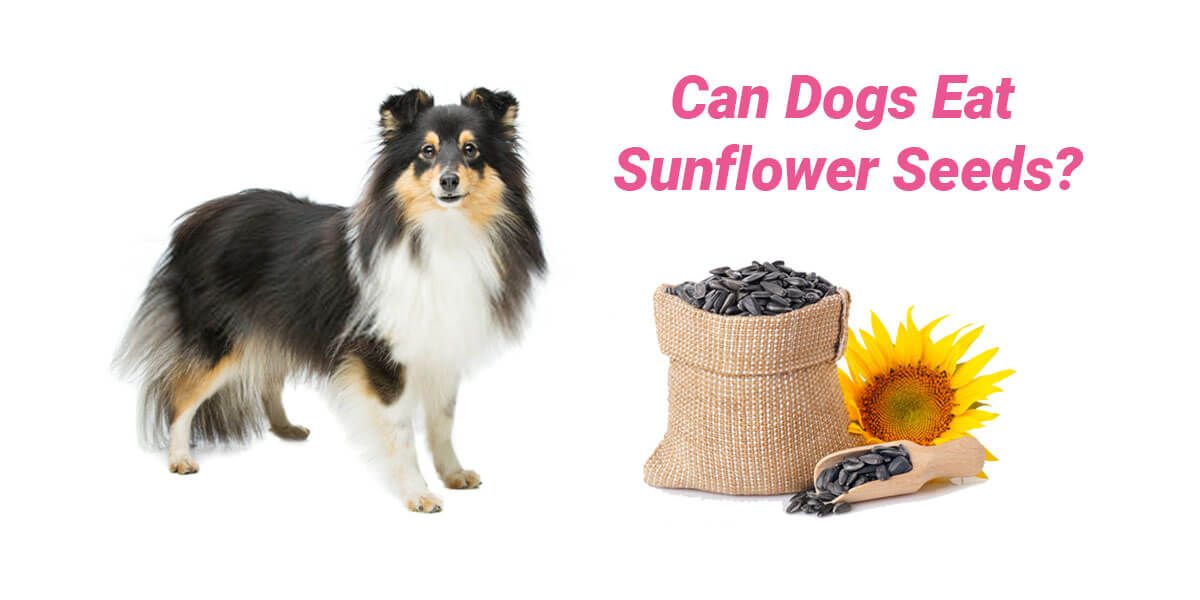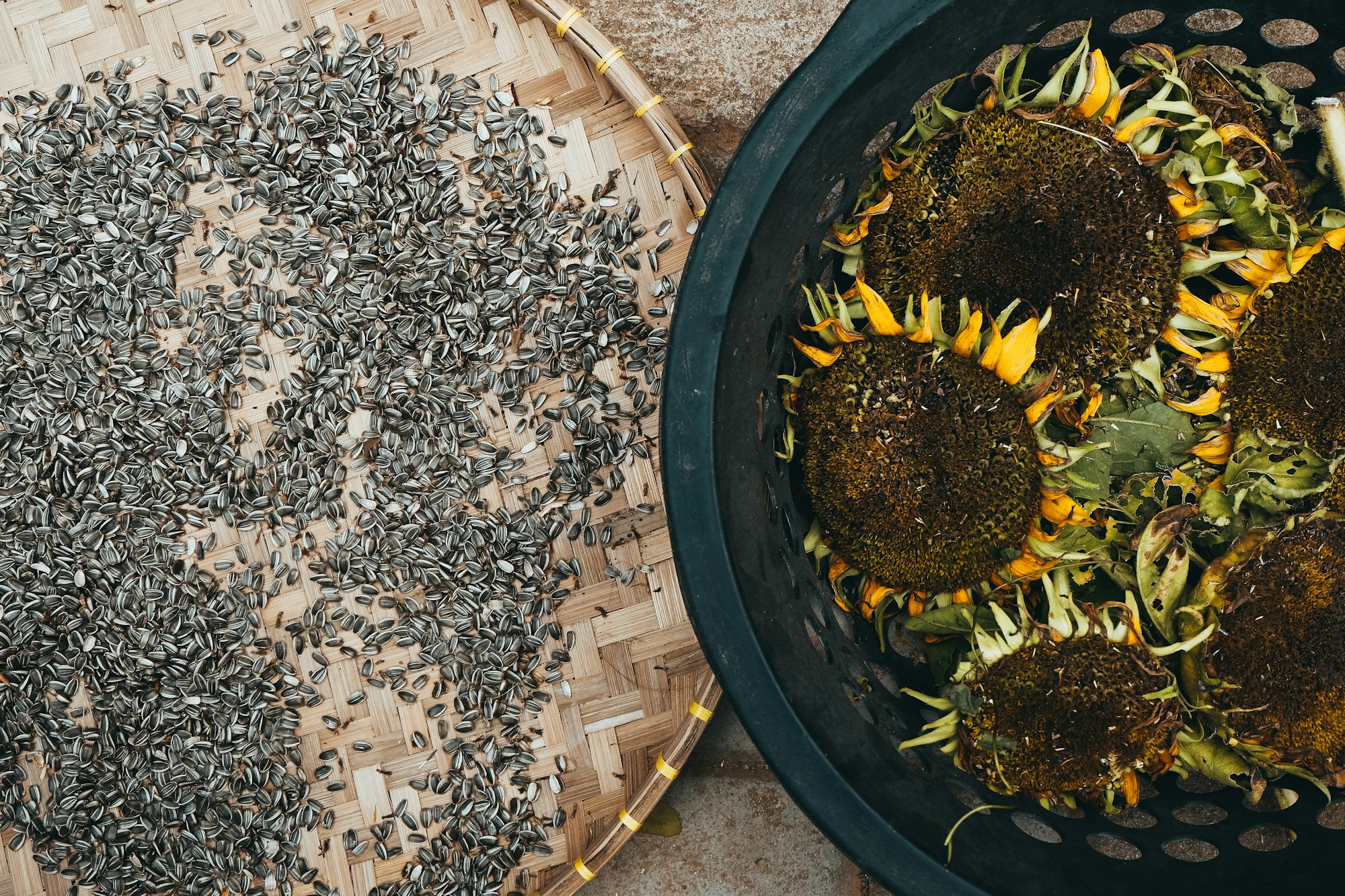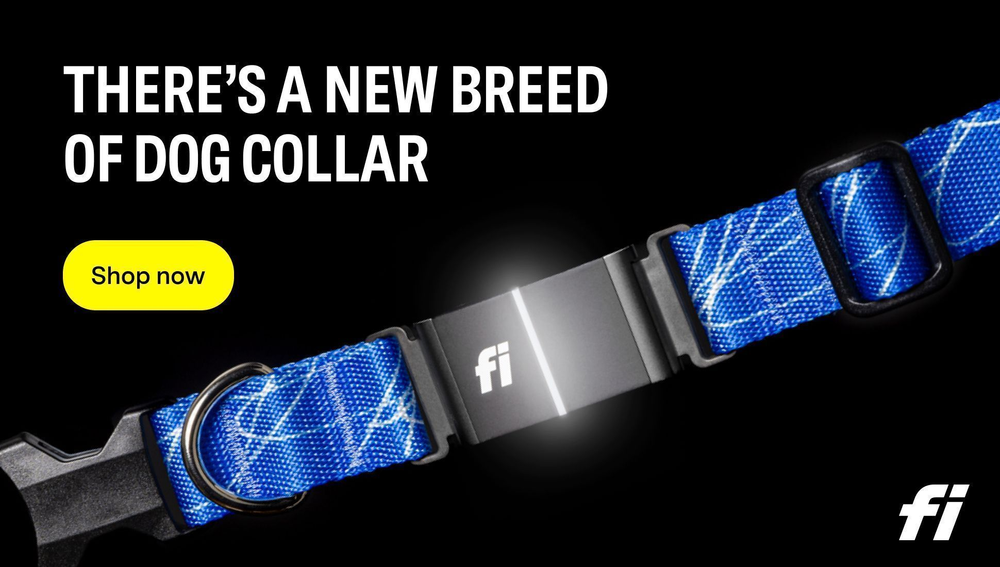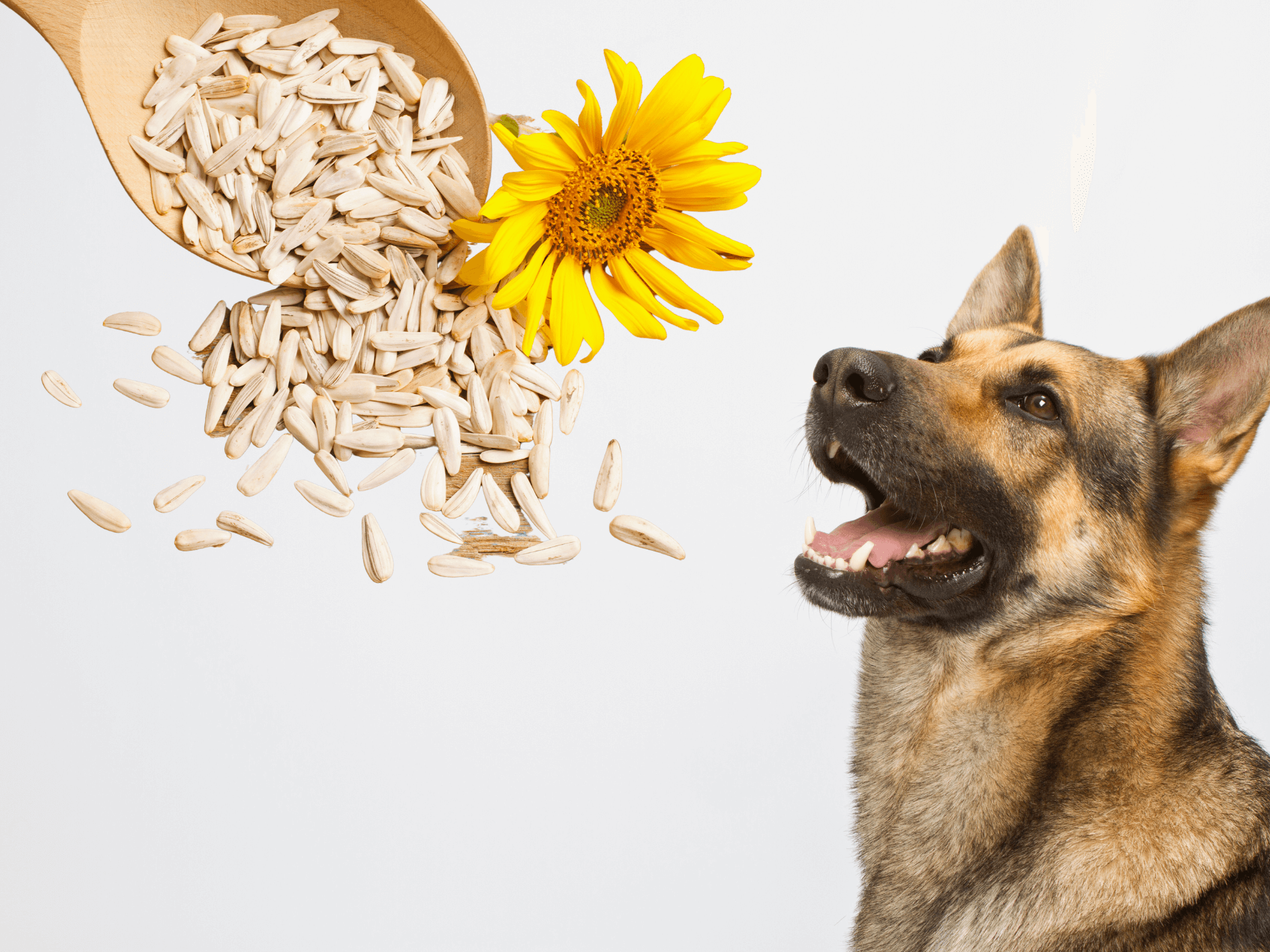Dogs are known for their curious nature, and it's not uncommon for them to show interest in the snacks we enjoy, such as sunflower seeds. But is it safe to share this tasty treat with your furry friend? In this article, we'll explore whether dogs can eat sunflower seeds, the potential benefits and risks, and how to do so safely.

Are Sunflower Seeds Safe for Dogs?
First and foremost, it's essential to address the safety of sunflower seeds for dogs. While sunflower seeds are not toxic to dogs, there are some important considerations to keep in mind. These seeds are rich in nutrients, but they also have a high-fat content, which can be problematic for dogs if consumed in excess.
Nutritional Content of Sunflower Seeds
When considering whether sunflower seeds can be a suitable addition to your dog's diet, it's crucial to delve into their nutritional content. Sunflower seeds are not just a flavorful snack; they pack a punch in terms of essential nutrients.
Sunflower seeds are notably rich in the following key nutrients:
a. Vitamin E
Sunflower seeds are renowned for their high vitamin E content. This fat-soluble antioxidant plays a pivotal role in maintaining healthy skin and a lustrous coat for your canine companion. Vitamin E contributes to the overall well-being of your dog's skin, making it an attractive choice for those seeking to enhance their pet's appearance.
b. Healthy Fats
Healthy fats, such as those found in sunflower seeds, are vital for your dog's diet. These fats provide a concentrated source of energy, which can be particularly beneficial for active dogs. Additionally, these fats play a role in the absorption of fat-soluble vitamins, contributing to your dog's overall health.
c. Minerals
Sunflower seeds also offer a range of essential minerals that can support your dog's nutritional needs. These include magnesium, which aids in muscle and nerve function, and selenium, an important antioxidant that helps protect cells from damage.

Potential Benefits of Sunflower Seeds for Dogs
While sunflower seeds are not a substitute for a balanced dog food diet, they do offer some potential benefits when incorporated into your dog's treat repertoire. Here are some advantages to consider:
a. Improved Skin and Coat Health
The generous dose of vitamin E in sunflower seeds can lead to noticeable improvements in your dog's skin and coat. It helps maintain skin elasticity, reduce dryness, and promote a glossy, luxurious coat. If you're striving for a picture-perfect pet, sunflower seeds may become a valuable tool in your grooming arsenal.
b. Nutrient Boost
Sunflower seeds can provide an additional nutrient boost to your dog's diet. The inclusion of healthy fats and essential minerals can complement your dog's overall nutritional intake, contributing to their vitality and well-being.
c. Tasty Treat Option
Dogs often appreciate variety in their treats. Offering sunflower seeds as an occasional treat can provide a tasty change from the usual treats while still delivering essential nutrients. This variety can keep your dog engaged and excited during training or as a reward.
d. Potential Antioxidant Benefits
Selenium, found in sunflower seeds, acts as an antioxidant, which may help protect your dog's cells from oxidative stress. While the amount of selenium in sunflower seeds is not extremely high, it can still contribute to your dog's overall antioxidant defense.

Risks and Concerns
While sunflower seeds offer certain nutritional benefits for dogs, it's vital to be aware of the potential risks and concerns associated with their consumption.
a. High Fat Content
One of the primary concerns with sunflower seeds is their high-fat content. While healthy fats are essential in a dog's diet, excessive fat intake can lead to digestive issues. Consumption of too many sunflower seeds, especially in one sitting, may result in diarrhea, upset stomach, or even pancreatitis, a painful inflammation of the pancreas.
b. Choking Hazard
Another significant concern is the hard outer shell of sunflower seeds. If your happy dog consumes whole seeds without the shell being removed, there's a risk of choking or gastrointestinal blockages. These shells are challenging for dogs to digest, and they can become lodged in the throat or intestinal tract, leading to serious health issues.
c. Allergic Reactions
Like humans, dogs can have allergies or sensitivities to certain foods. Although rare, some dogs may exhibit allergic reactions to sunflower seeds. Allergic responses can manifest as itching, hives, vomiting, or diarrhea. If you observe any of these symptoms after giving your dog sunflower seeds, discontinue their consumption and consult your veterinarian.
How to Safely Feed Sunflower Seeds to Dogs
To enjoy the potential benefits of sunflower seeds while minimizing the associated risks, it's essential to follow some safety guidelines when feeding them to your dog.
a. Remove the Shells
Always remove the hard shells from sunflower seeds before offering them to your dog. This step is critical in preventing choking hazards and ensuring safe consumption.
b. Portion Control
Moderation is key when it comes to feeding sunflower seeds to your dog. Limit the quantity to a small handful as an occasional treat. These seeds should never replace your dog's regular, balanced diet.
c. Monitor Your Dog
When introducing any new food into your dog's diet, closely monitor their reaction. Watch for signs of digestive distress or allergic reactions. If any adverse effects occur, cease giving your dog sunflower seeds and seek guidance from your veterinarian.
d. Seek Veterinary Advice
Before making significant dietary changes for your dog, including introducing new treats like sunflower seeds, consult with your veterinarian. They can provide personalized recommendations based on your dog's specific health and dietary needs.
Moderation is Key
When it comes to feeding sunflower seeds to your dog, the golden rule to remember is "moderation is key." While sunflower seeds offer potential benefits, overindulgence can lead to health issues for your canine companion.
a. Dietary Balance
Sunflower seeds should never replace your dog's regular, balanced diet. They should be regarded as an occasional treat rather than a staple food source. The primary source of nutrition for your dog should be high-quality commercial dog food designed to meet their specific dietary requirements.
b. Caloric Considerations
Sunflower seeds are calorie-dense due to their fat content. Excessive consumption can contribute to weight gain and obesity in dogs. To maintain a healthy weight and overall well-being, it's crucial to factor in the calories from sunflower seeds when considering your dog's daily intake.
c. Portion Control
Establishing portion control is essential when offering sunflower seeds as a treat. Limit the quantity to a small handful or even fewer, depending on your dog's size and calorie needs. A tiny portion can provide the desired benefits without overloading your dog with excess calories or fat.
d. Avoid Habitual Feeding
Resist the temptation to make sunflower seeds a daily occurrence. Instead, use them sparingly as rewards during training or as an occasional surprise. Frequent consumption can lead to digestive problems and disrupt your dog's regular diet.
Common Misconceptions
There are some common misconceptions regarding sunflower seeds and their suitability for dogs. It's important to dispel these myths to make informed decisions about your dog's diet.

a. Sunflower Seeds as a Cure-All
One prevalent misconception is that sunflower seeds can cure or prevent various health issues in dogs. While they offer nutritional value, they are not a replacement for professional veterinary care. If your dog has health concerns, consult with a veterinarian for appropriate guidance and treatment.
b. Shells are Safe
Some pet owners believe that the shells of sunflower seeds are safe for dogs to consume. However, this is not the case. The hard shells can pose a choking hazard and may lead to digestive blockages. Always remove the shells before offering sunflower seeds to your dog.
c. All Dogs Can Consume Sunflower Seeds
Not all dogs are the same, and individual dietary needs and sensitivities vary. It's crucial to recognize that some dogs may have allergies or sensitivities to sunflower seeds. Before introducing them to your dog's diet, monitor their reaction closely, and consult your veterinarian if any adverse symptoms occur.
d. Sunflower Seeds as a Primary Protein Source
Sunflower seeds should never be considered a primary source of protein for dogs. While they contain some protein, they lack essential amino acids necessary for a dog's well-being. Relying on sunflower seeds for protein can lead to nutritional deficiencies.
Alternatives to Sunflower Seeds
If you're unsure about feeding sunflower seeds to your dog, there are plenty of safe alternatives. Consider offering your dog small pieces of fruits like apples or berries or even specialized dog treats designed for their dietary needs.
Allergies and Sensitivities
Just as with any food, dogs can develop allergies or sensitivities to sunflower seeds. While sunflower seeds are generally considered safe for most dogs, it's essential to be aware of the potential for adverse reactions.
a. Allergic Reactions
Allergies in dogs are typically triggered by proteins present in food. While sunflower seeds are not a common allergen, it's still possible for a dog to develop an allergic reaction to them. Allergic responses can range from mild to severe and may manifest as:
- Itching and Skin Irritation: Dogs may scratch excessively, develop hives, or experience redness and inflammation of the skin.
- Digestive Distress: Allergic reactions can lead to vomiting, diarrhea, and gastrointestinal upset.
- Respiratory Symptoms: In severe cases, dogs may exhibit coughing, sneezing, or difficulty breathing.
b. Sensitivities
Sensitivities to sunflower seeds may not be true allergies but can still result in discomfort for your dog. Sensitivities often manifest as gastrointestinal symptoms, such as diarrhea or stomach cramps.
Signs of Sunflower Seed Allergy in Dogs
Recognizing the signs of a potential sunflower seed allergy in your dog is crucial for their well-being. Here are some common symptoms to watch for if you suspect your dog may be allergic:
a. Skin Reactions
- Itching: Persistent scratching or licking, especially around the paws, face, or belly.
- Redness and Swelling: Skin may become red, swollen, or develop hives.
b. Digestive Symptoms
- Vomiting: Repeated episodes of vomiting after consuming sunflower seeds.
- Diarrhea: Frequent or watery stools that occur shortly after ingesting sunflower seeds.
- Abdominal Discomfort: Signs of discomfort such as belly cramps or restlessness.
c. Respiratory Issues
- Coughing: Occasional or persistent coughing, which may be accompanied by wheezing.
- Difficulty Breathing: Labored or rapid breathing, which can be a sign of a severe allergic reaction and requires immediate attention.
If you observe any of these signs after giving your dog sunflower seeds, it's essential to take action promptly:
- Discontinue Feeding: Stop feeding sunflower seeds immediately to prevent further exposure.
- Consult Your Veterinarian: Contact your veterinarian to discuss your dog's symptoms and seek professional guidance.
- Allergy Testing: In some cases, your veterinarian may recommend allergy testing to determine the specific allergen causing the reaction.
Consulting a Veterinarian
Before making any significant changes to your dog's diet, including introducing new treats like sunflower seeds, it's always a good idea to consult your veterinarian. They can provide personalized advice based on your dog's specific needs and health.

Conclusion
In conclusion, sunflower seeds can be a safe and nutritious treat for dogs when offered in moderation and with proper preparation. They can contribute to a healthy coat and provide essential nutrients. However, it's crucial to be mindful of the potential risks, including digestive issues and choking hazards. As always, consult with your veterinarian to ensure the best diet for your furry friend.
Frequently Asked Questions (FAQs)
- Can dogs eat sunflower seeds with shells?
No, it's best to remove the shells to prevent choking hazards.
- How often can I give sunflower seeds to my dog?
Sunflower seeds should be an occasional treat, not a regular part of your dog's diet.
- Are there any other seeds that are safe for dogs to eat?
Some seeds, like pumpkin seeds, can also be safe for dogs in moderation.
- What are the signs of sunflower seed allergies in dogs?
Allergic reactions in dogs can include itching, hives, vomiting, or diarrhea.
- Can sunflower seeds replace commercial dog treats?
No, sunflower seeds should complement your dog's regular diet, not replace it.
In this article, we've explored the safety and potential benefits of feeding sunflower seeds to dogs. Remember to prioritize moderation and consult your veterinarian for personalized guidance on your dog's dietary needs.

